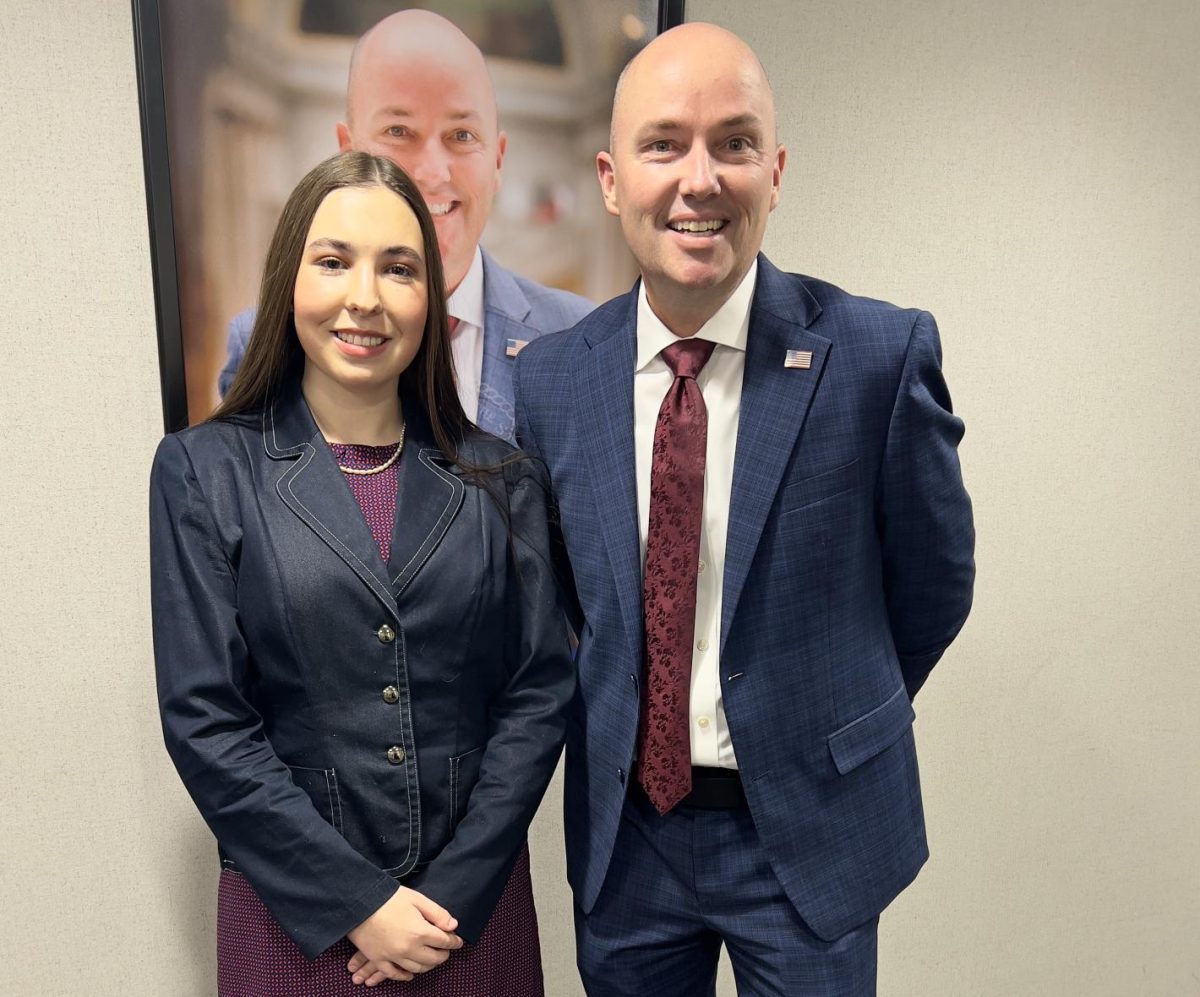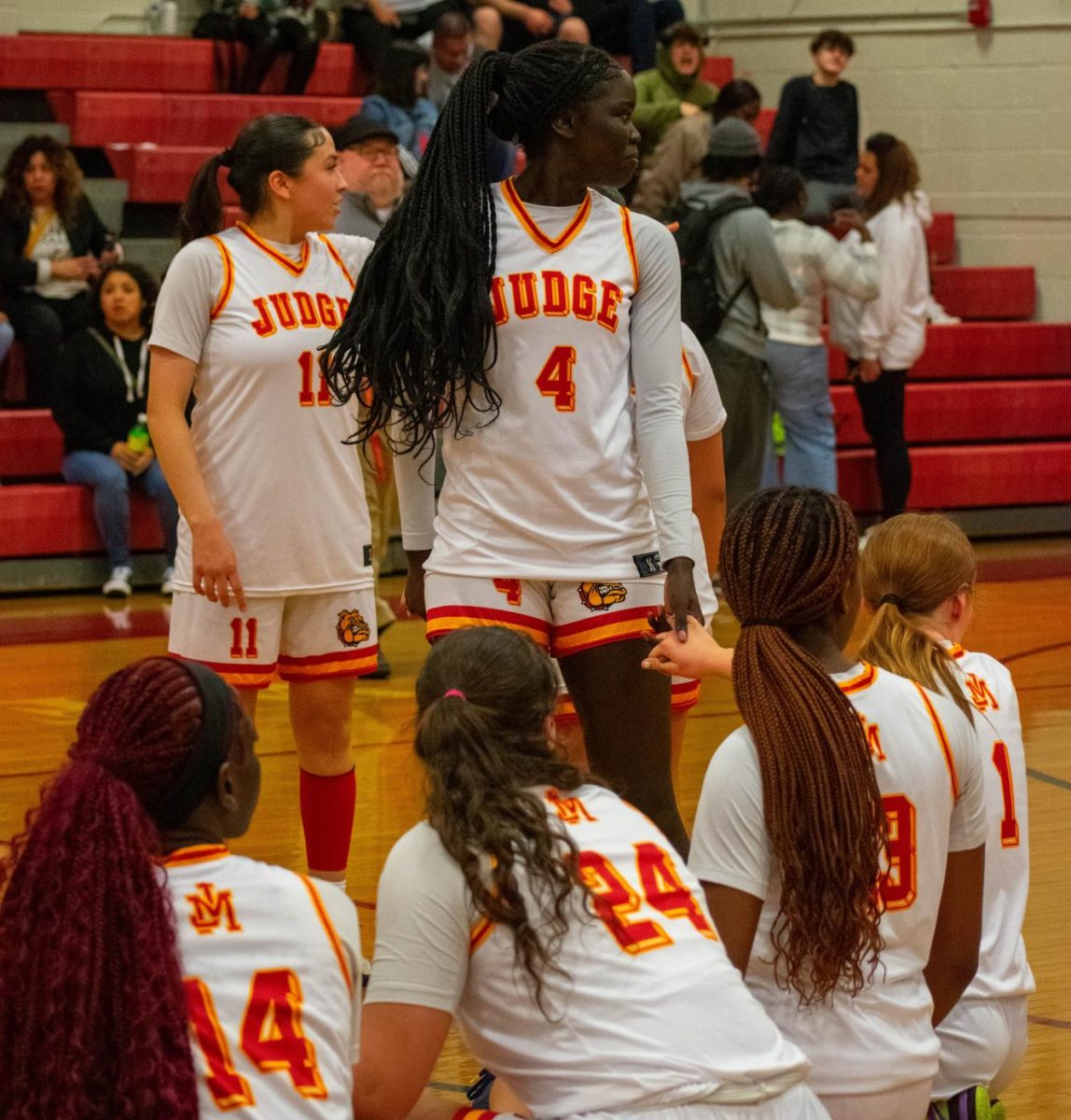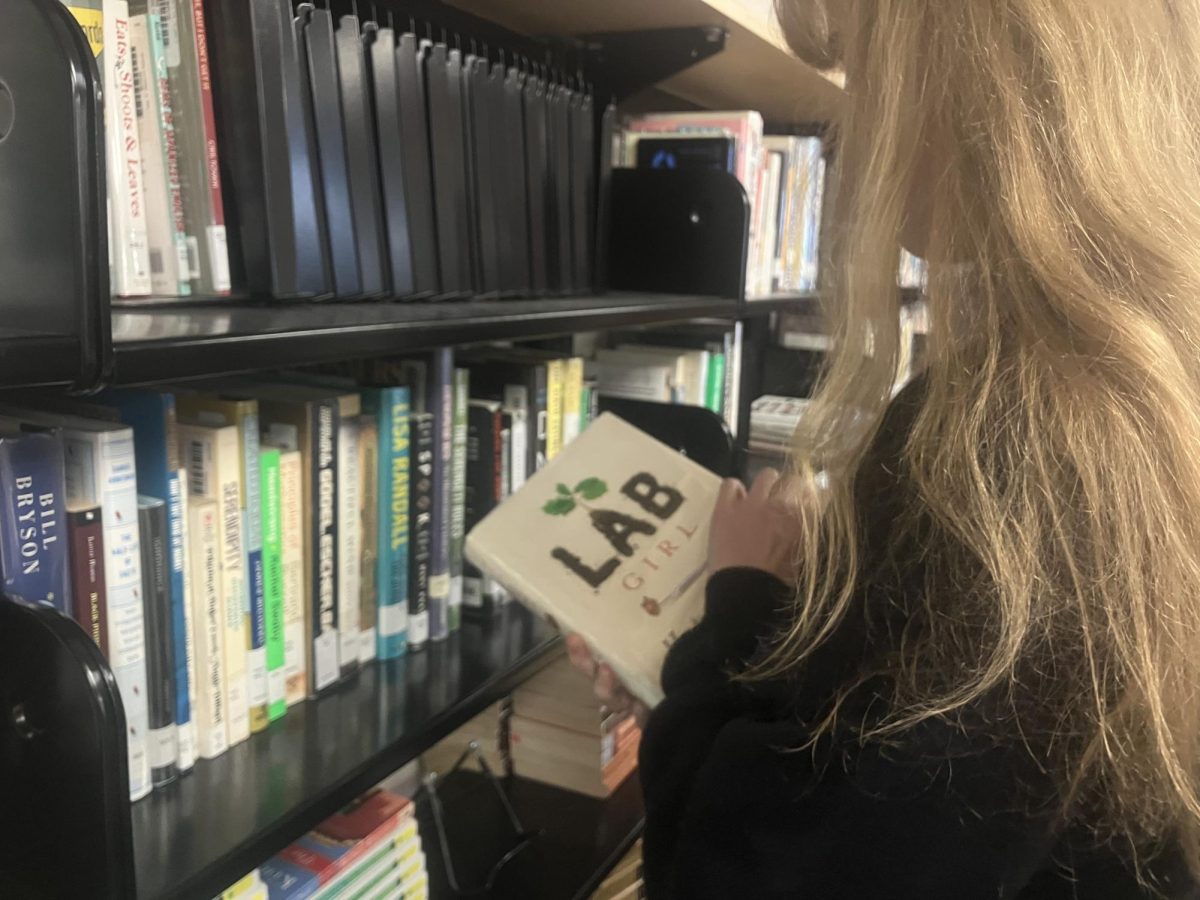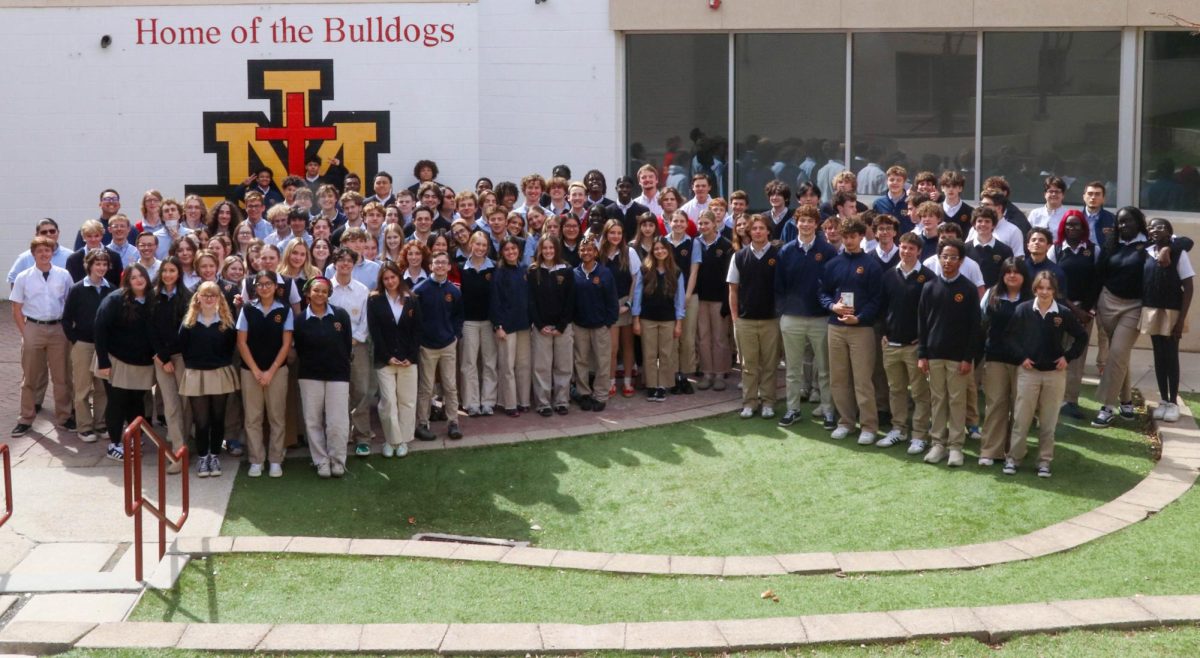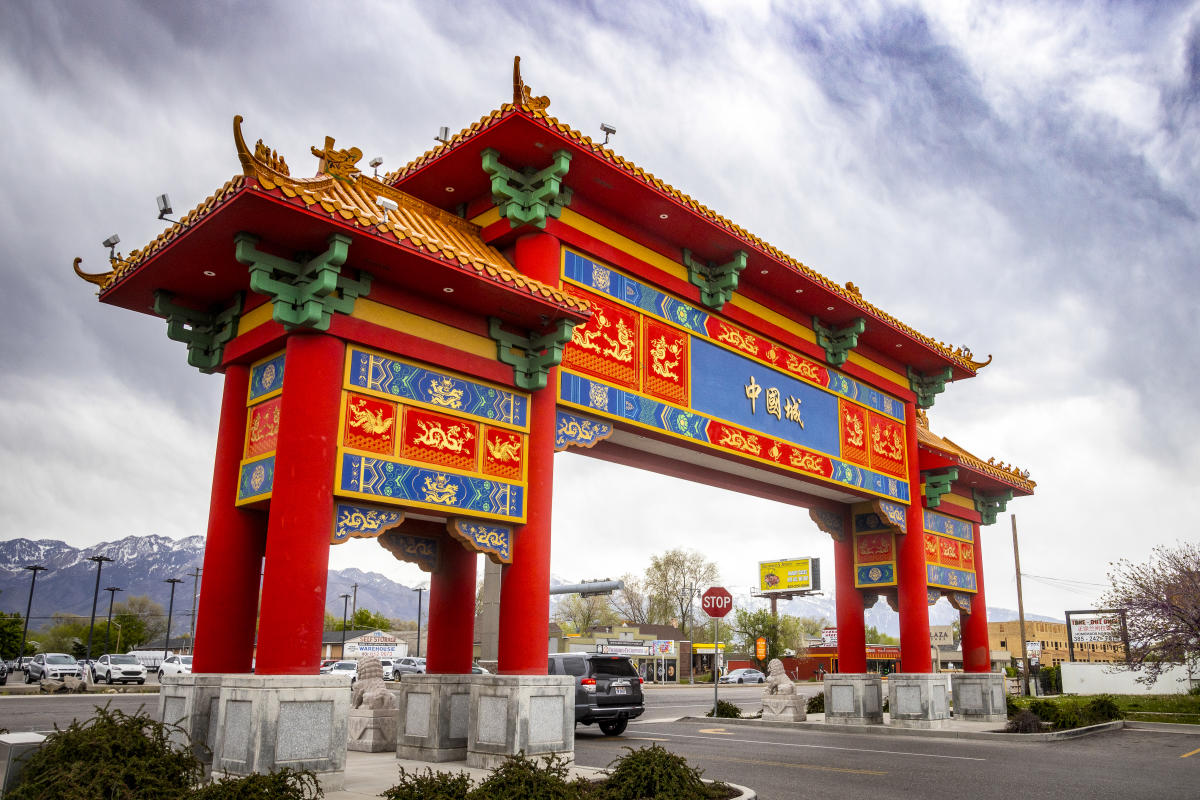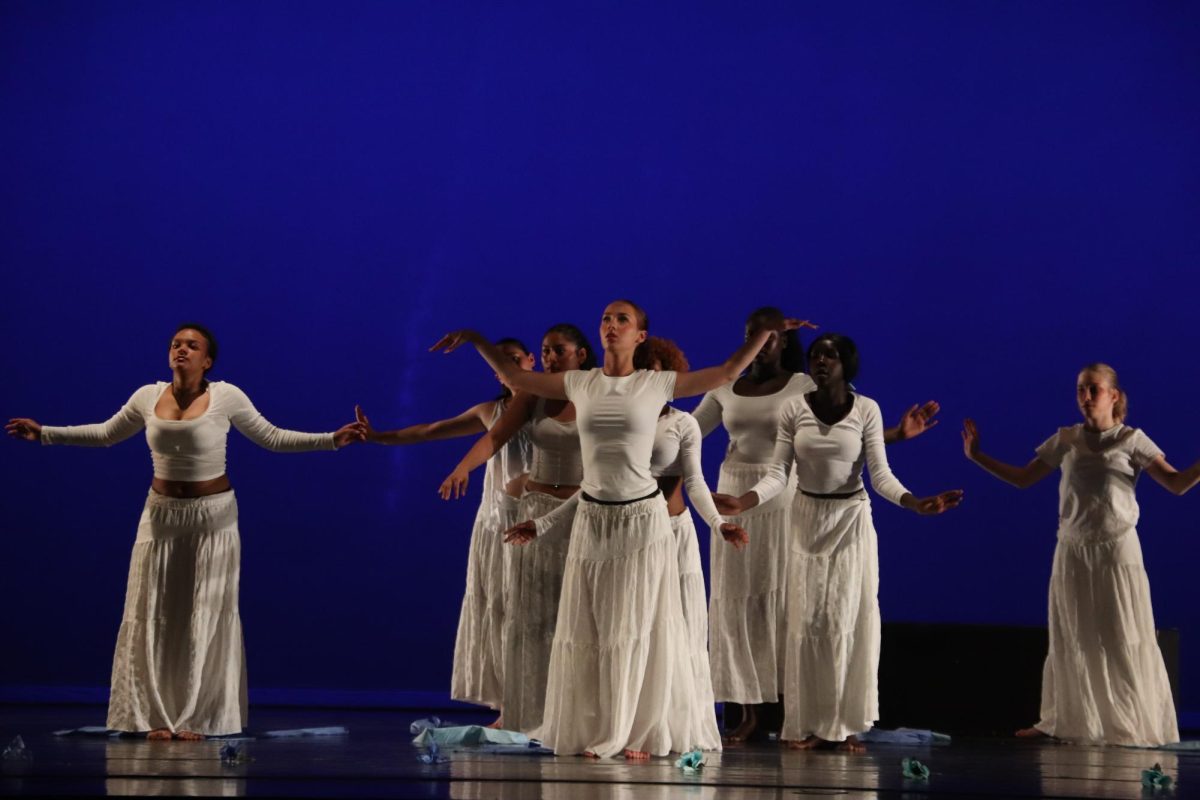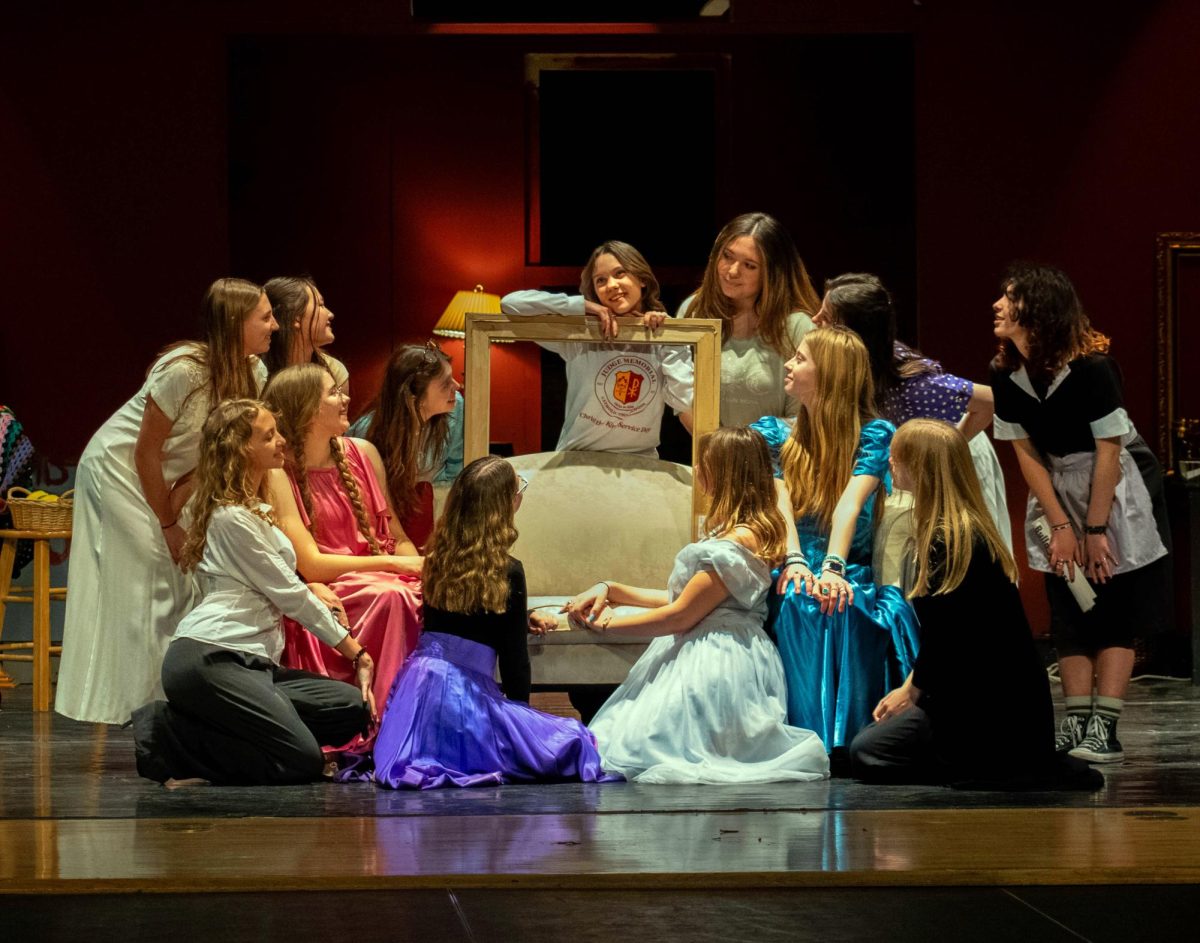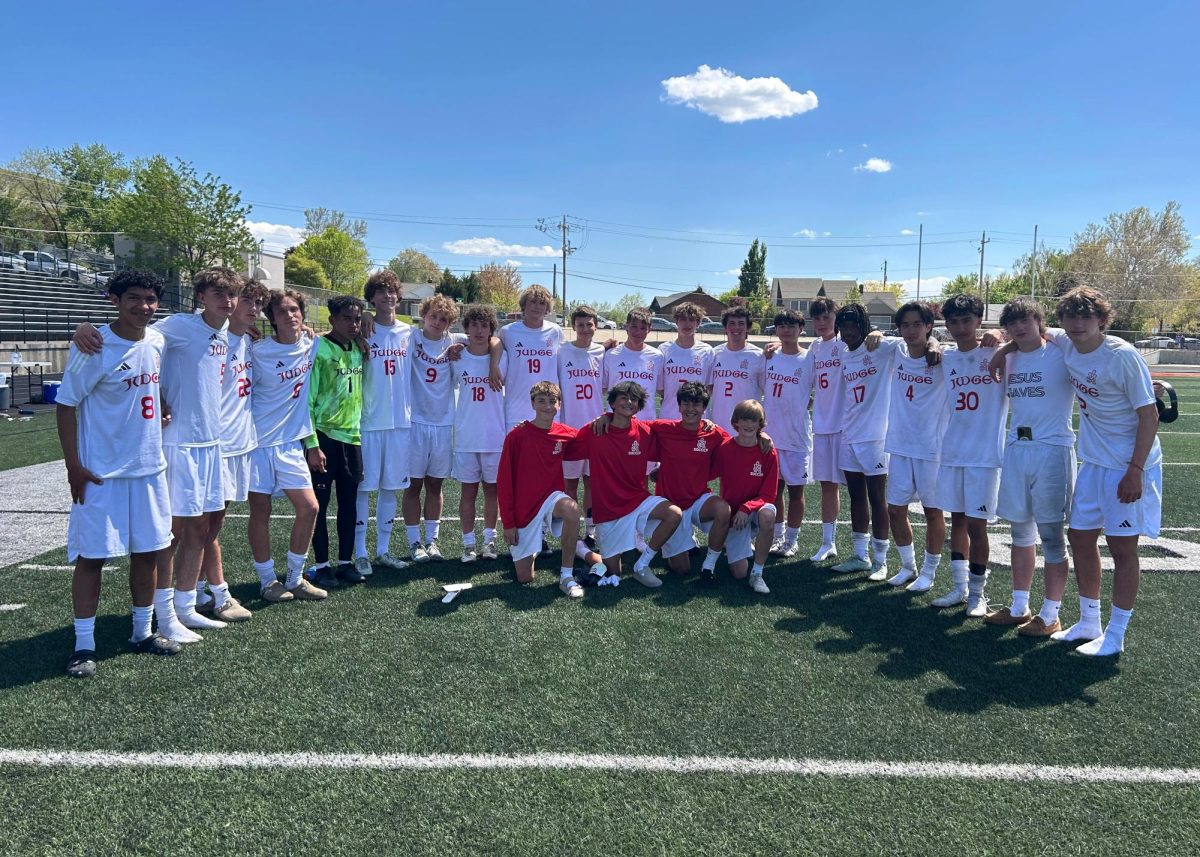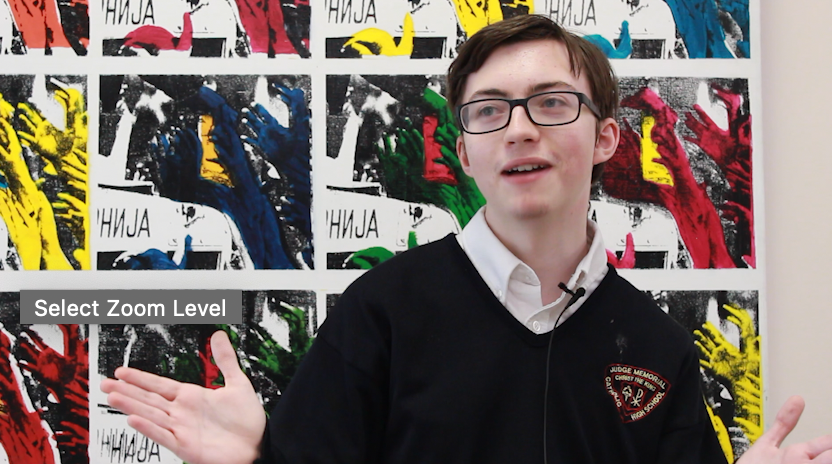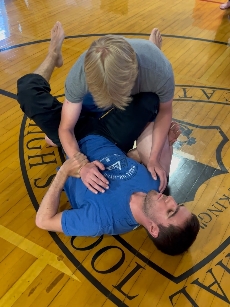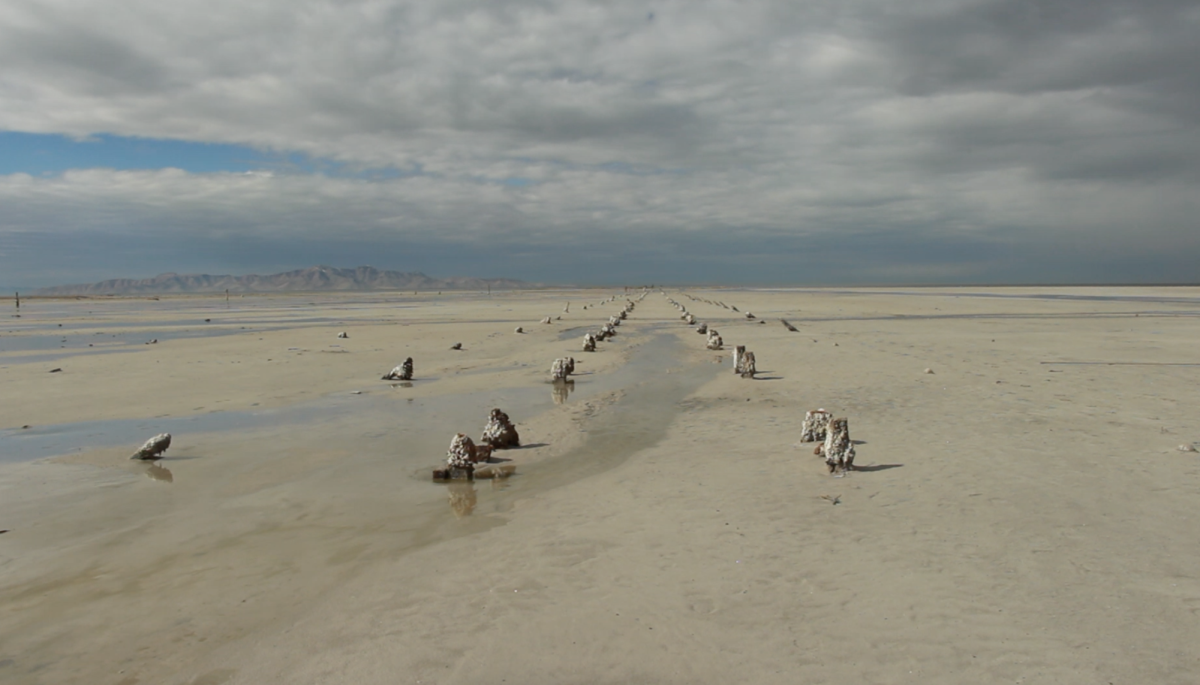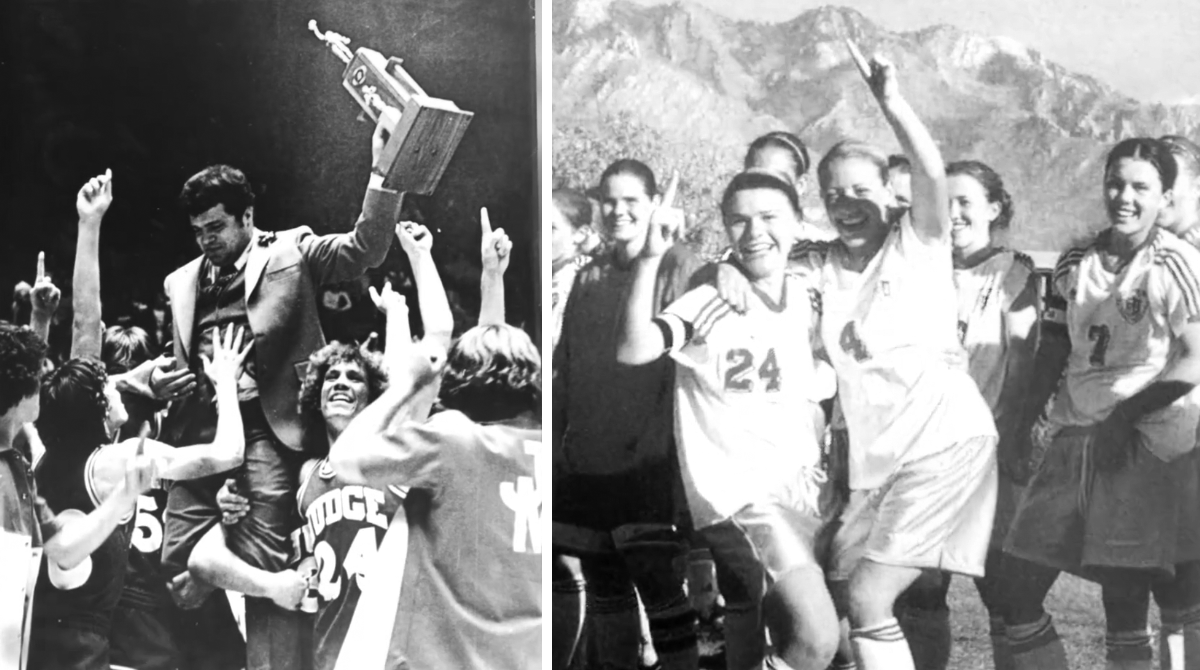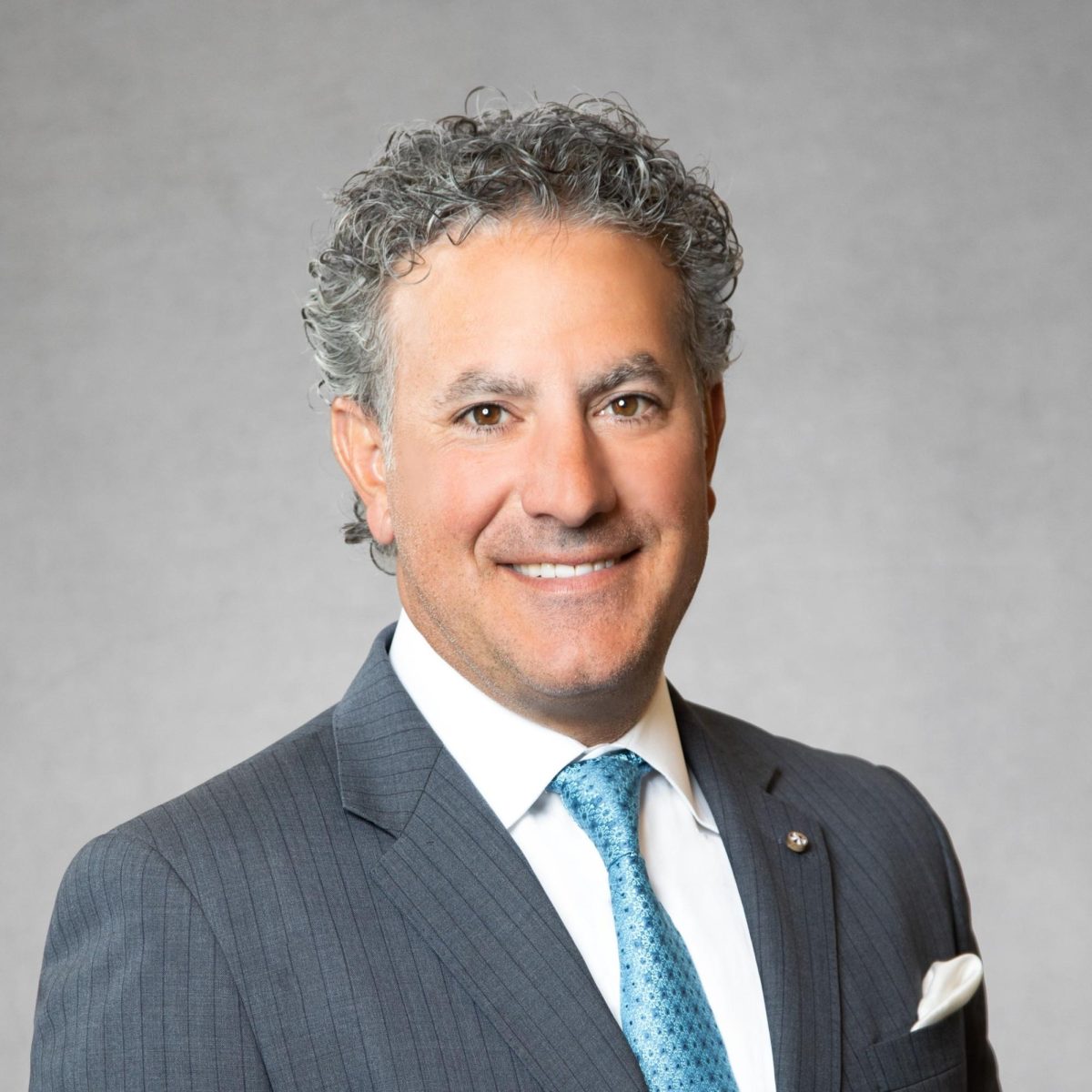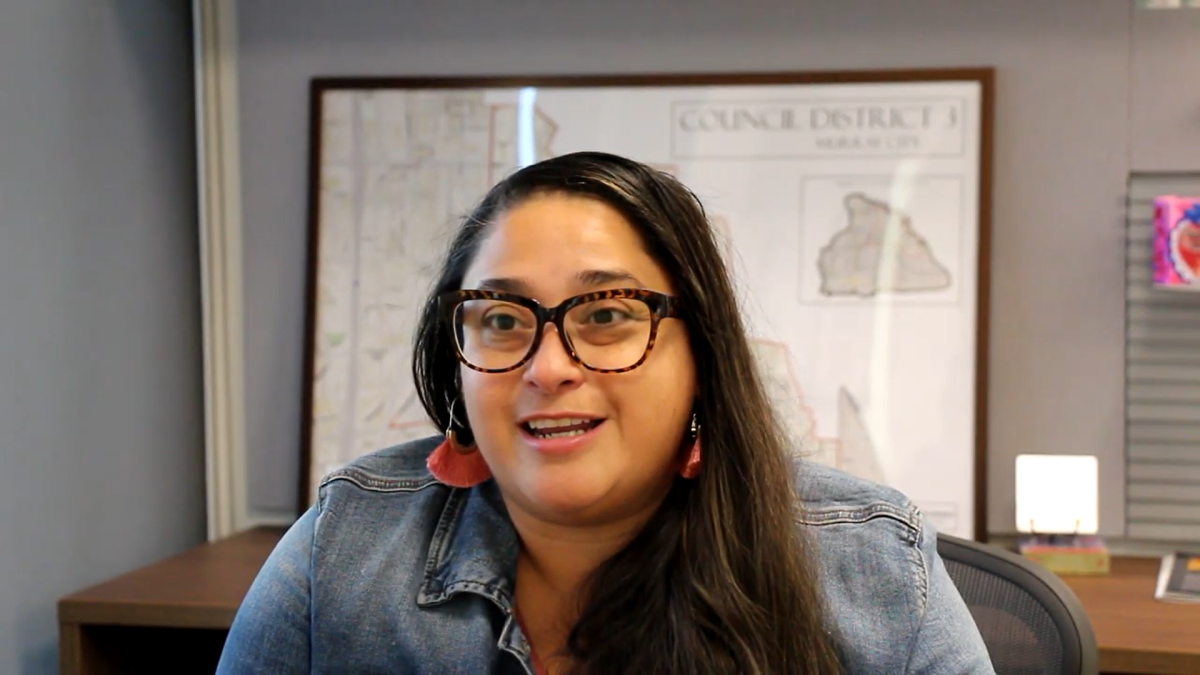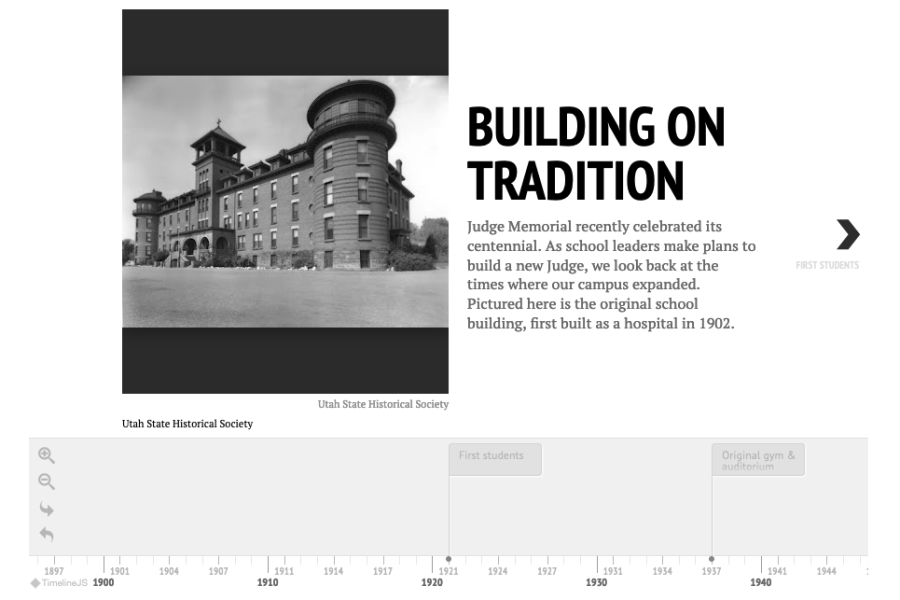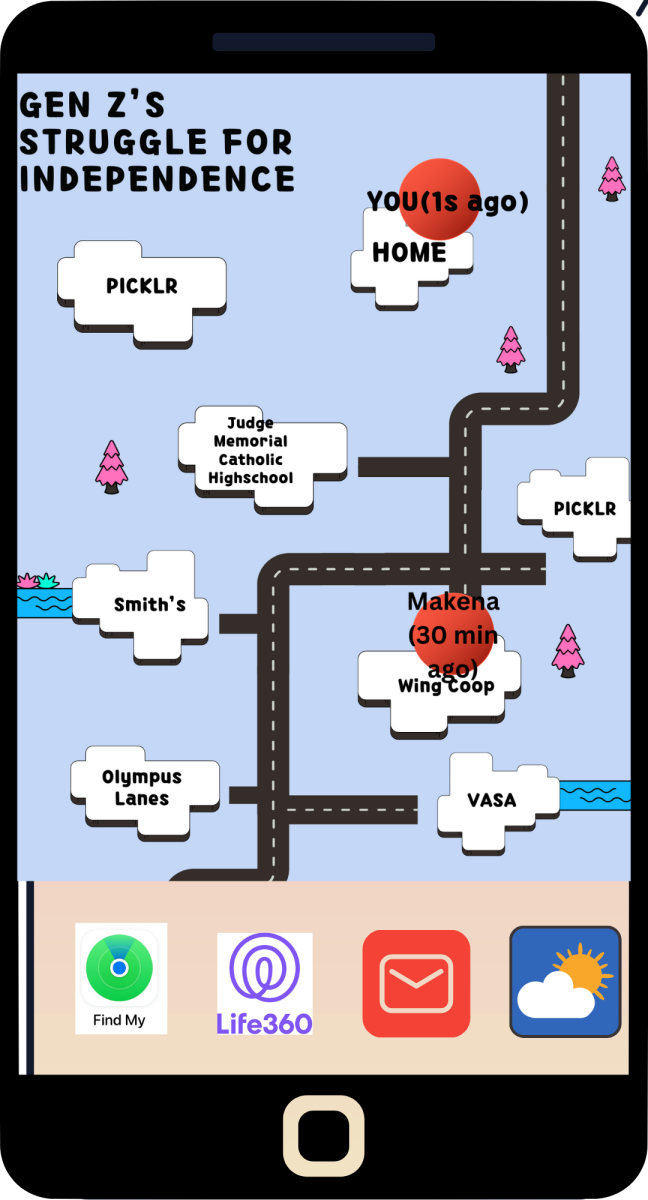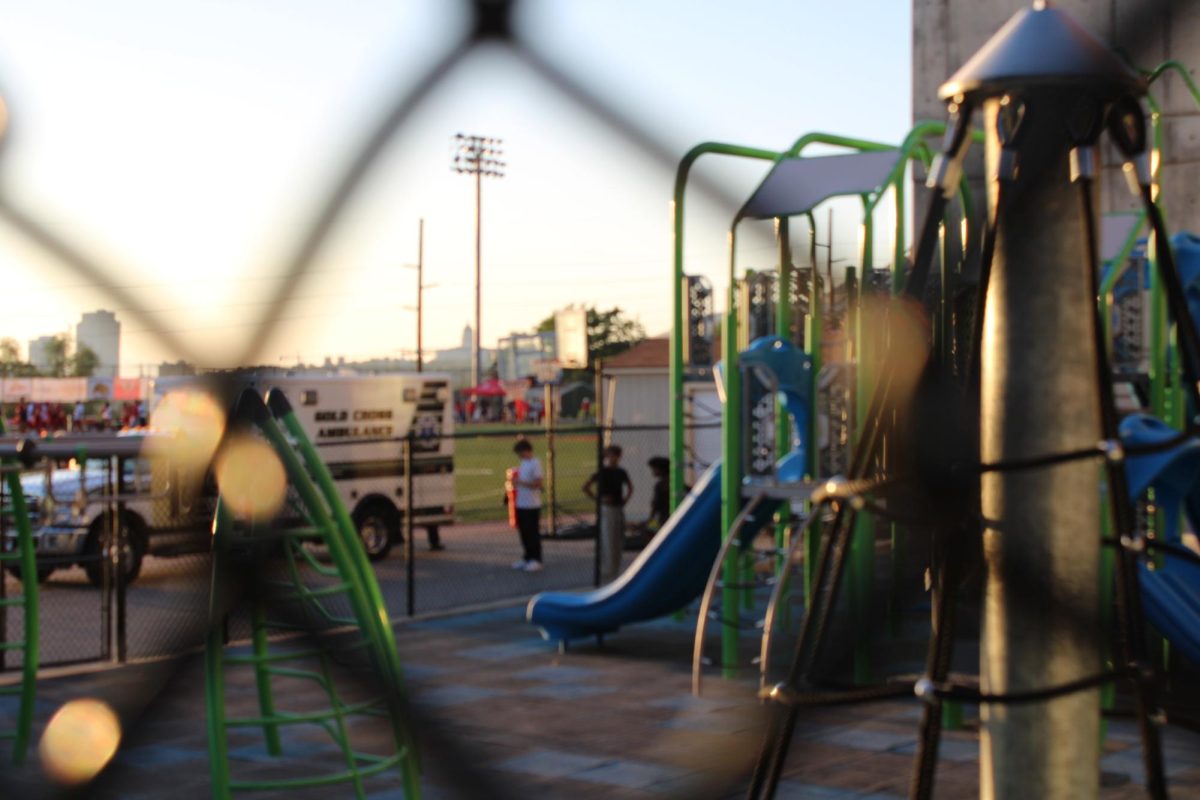Since the first iPhone was released in July 2007, the 21st century has been defined by social media. While many argue that today’s teens are more tech savvy than before, and therefore more prepared for a rapidly changing world, there are obvious drawbacks of social media. At the same time there are clear benefits, such as the convenience and connection that social media offers. Nevertheless, Utah policy makers are increasingly restricting social media use, and this trend has shown itself at Judge. I interviewed Judge’s longtime theology professor, Mr. Trentman, on the impacts of social media on his life and classroom.
Trentman first emphasized the risks of misinformation on social media. “We’re a soundbite culture, so you can post something and maybe it’s taken out of context”. He said that this type of risk is especially present on an app like Twitter. Many other social media apps, including TikTok and Instagram, also promote short, rapid-fire videos or posts that include a snippet of a larger story. This adds up to cause the spread of misinformation, whether intentional or not, through social media.
I also asked Trentman to compare his experience in high school without social media to the experience of high school students today. “I certainly cannot argue the convenience…”, Trentman said, “but I think it comes at a big cost. And we were able to manage without it”. He also emphasized that at the time, high schoolers didn’t know any better. Growing up in a world without social media forced them to find alternatives for communication. “Was it inconvenient? Yeah, certainly compared to the world today. But did we know any better?”
Judge’s response to the prevalence of social media and phone use has been to ban phones during school hours. With that in mind, I asked Trentman about the impacts of social media that he’s seen in his classroom. He focuses more on teaching about how to be responsible on social media instead of punishing students. “It’s definitely something I’ve been deliberate about addressing… how to be critical consumers of information.”
There are many risks of social media, but an important point that Trentman raised is that the app shouldn’t always be viewed as the problem. The benefits of social media, including convenience, connection, and communication, should not be ignored. It’s not always the app itself but the person’s use of that app that determines its impact. Trentman also said that at the end of the day, respect, communication, and understanding online are crucial. “As a teacher, I want to keep my finger on the pulse of the world you’re engaging because who am I to stand up here and spout about A, B, and C if I’m not willing to try and understand what that means for your world?”



